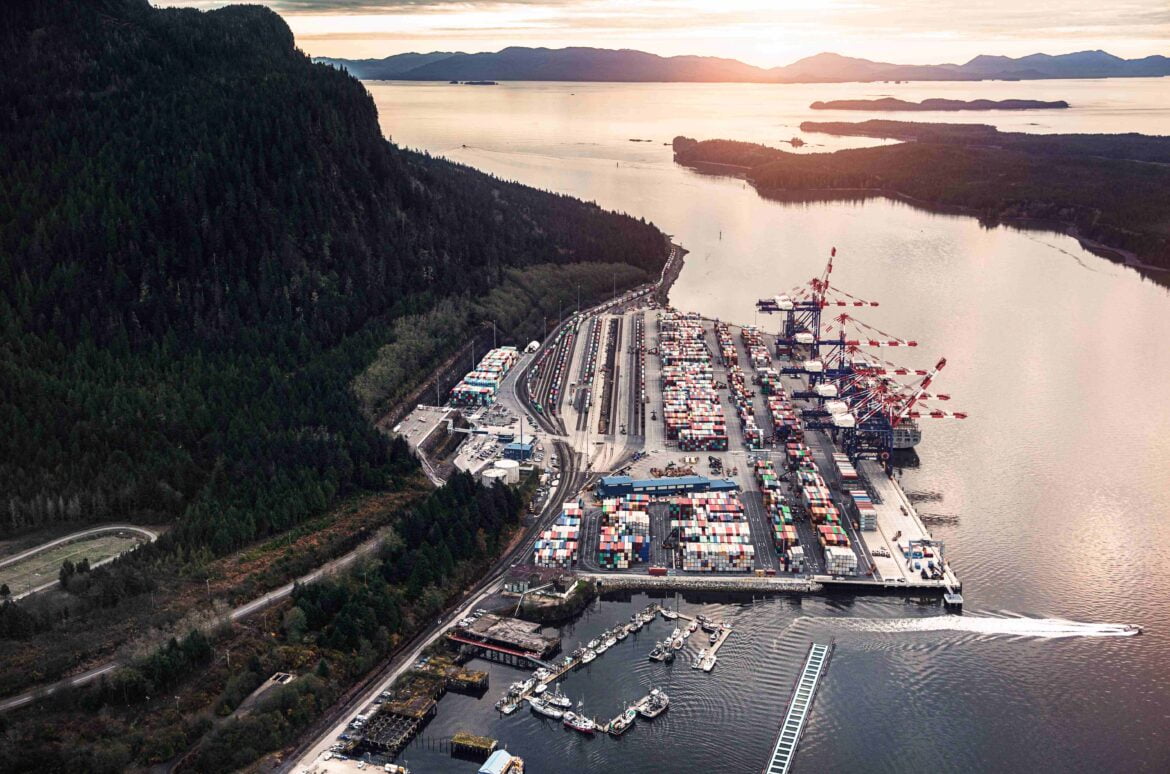DP World has conducted a study assessing the impact of climate change on its global network of Ports and Terminals (P&Ts) through to the end of the century.
In collaboration with climate analytics firm Jupiter Intelligence and consultants at Guidehouse, DP World’s study examined three climate scenarios (low to high carbon) and assessed the potential impact of six hazards – floods, rain, wind, heat, cold and hail — across 50 ports and terminals around the world.
According to DP World the current direct physical climate risk to its global P&T operations was less than 0.4% of its 2021 P&T revenue.
The risk is expected to remain stable until around 2050 – just as many countries hope to reach their net carbon zero targets.
Beyond 2050, particularly under a high-carbon scenario, a more complex picture emerges, with increased risks as rising sea levels, flooding and extreme heat pose greater challenges.
Although risks are projected to grow, even by the end of the century, the impact of downtime is still relatively small.
DP World said that with these insights, it can now make better investment decisions, which will be critical for major projects such as the new 2.19 million TEU/year container terminal at Tuna Tekra in India.
The data will also help improve the understanding of a range of issues, from how high to build quay walls down to how much additional electrical load will be required to handle the demand for air conditioning due to extreme heat episodes.
Tiemen Meester, Group Chief Operating Officer, Ports & Terminals, DP World, said:“Trade will be vital for the world’s continued economic success, so taking proactive steps today to evaluate and manage the risks associated with climate change is paramount. Advances in climate modelling can significantly enhance private sector involvement in building resilience, promoting a sustainable and strong future for global trade. Given the long-term nature of our industry, we strongly support adopting a forward-looking, data-driven approach to tackle upcoming challenges proactively.” Meester said.
Andy Tam, Global Director of Energy Management, managed the DP World study and explained the insight gained.
“This exercise revealed that while we stand strong in most of our operations, not all are equally resilient. Recognising potential risks now allows us ample time to proactively plan and implement mitigation and adaptation strategies, ensuring the continued success of our operations,” Tam said.
“More importantly, our proactive risk identification has helped to ensure long-term resilience, even in our most vulnerable locations. While similar studies are yet to be widely adopted across the supply chain, we are optimistic that our initiative will inspire industry-wide action, leading to a united, data-driven effort to enhance the resilience of global trade.”



